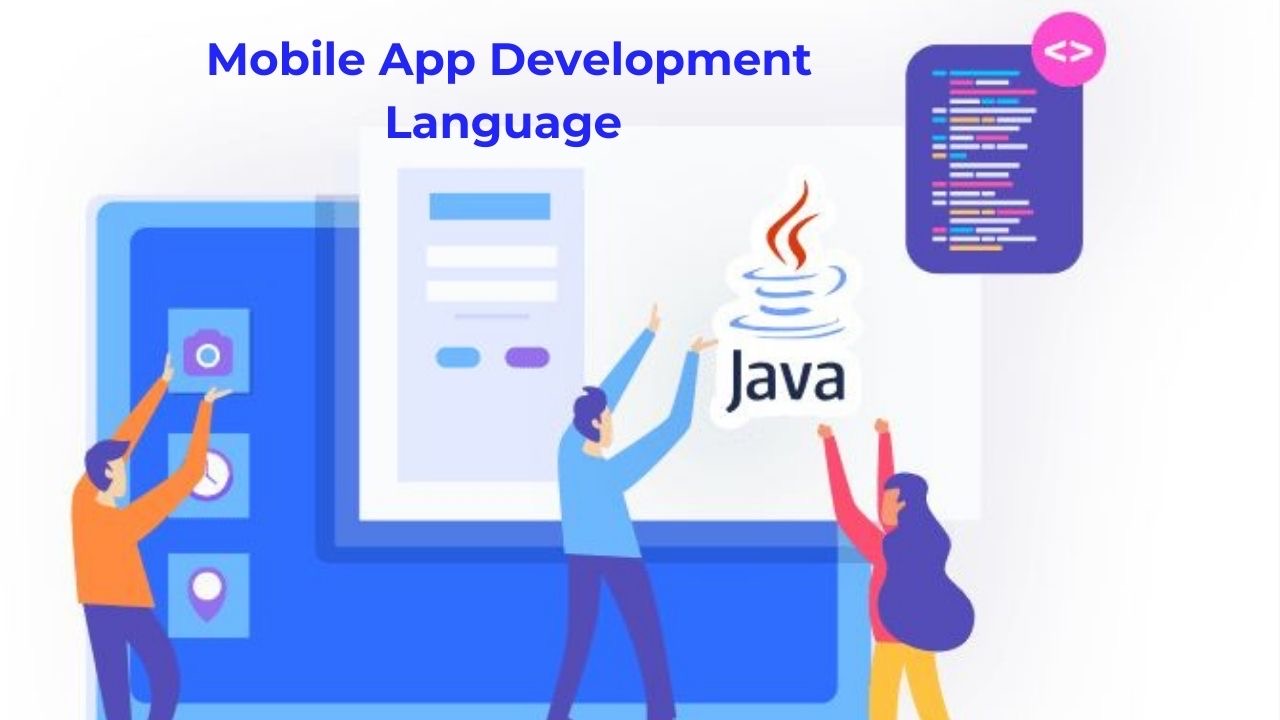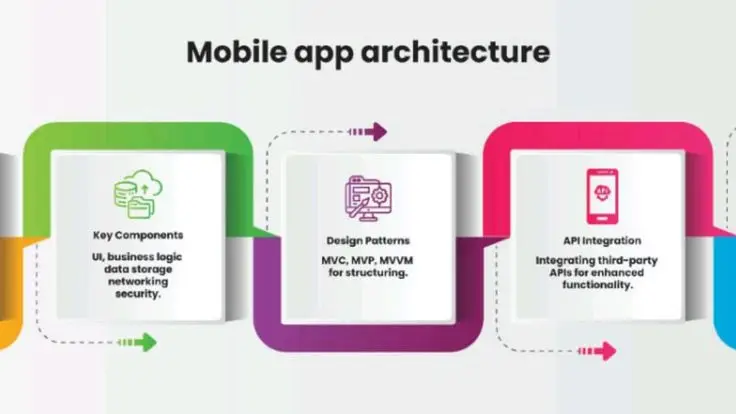Introduction to App Development 101: A Comprehensive Guide
App development has become a crucial skill. Whether you’re looking to build a simple mobile app or a complex enterprise solution, understanding the fundamentals of app development is essential. This article will introduce you to the basics of app development, highlight recent trends, and provide valuable resources to get you started.
What is App Development?
App development is the process of creating software applications for mobile devices, desktops, or web platforms. The goal is to solve specific problems or provide a particular function to users. It involves several stages, including planning, design, development, testing, and deployment.
Key Concepts in App Development
- Platform: Apps can be developed for various platforms, including iOS, Android, and web browsers. Each platform has its own development tools and languages
- Programming Languages: The choice of programming language depends on the platform. Common languages include Swift for iOS, Kotlin for Android, and JavaScript for web applications.
- Development Frameworks: Frameworks like React Native, Flutter, and Xamarin allow developers to build cross-platform apps efficiently.
- User Interface (UI) and User Experience (UX): UI/UX design is crucial for creating intuitive and engaging apps. It involves designing the app’s layout and ensuring that it meets user needs effectively.
- APIs: Application Programming Interfaces (APIs) enable different software systems to communicate. They are essential for integrating third-party services and functionalities into your app.
- Testing: Rigorous testing ensures that the app functions correctly and is free of bugs. Common testing methods include unit testing, integration testing, and user acceptance testing.
- Deployment: After development and testing, the app is deployed to app stores or web servers. This involves preparing the app for release and ensuring it meets platform guidelines.
Recent Trends in App Development
Artificial Intelligence (AI) and Machine Learning (ML):
Integrating AI and ML can enhance app functionalities, such as personalized recommendations and automated customer support.
Augmented Reality (AR):
AR technology is increasingly used in apps to provide immersive experiences, particularly in gaming and retail.
5G Technology:
The rollout of 5G networks is improving app performance by providing faster internet speeds and lower latency.
IoT Integration:
The Internet of Things (IoT) allows apps to connect with various smart devices, expanding their capabilities and functionality.
Getting Started with App Development
Learn the Basics:
Start with understanding the core concepts and languages used in app development. Online resources, tutorials, and courses can be very helpful.
Choose Your Tools:
Depending on your platform, select the appropriate development tools and frameworks. For instance, use Xcode for iOS development and Android Studio for Android.
Practice by Building Small Projects:
Create simple apps to practice your skills and understand the development process. This could include building a to-do list app or a basic calculator.
Stay Updated:
The tech industry evolves rapidly. Keep up with the latest trends and technologies by following relevant blogs, attending webinars, and participating in online communities.
Your Go-To for App Development Services
Nanocodes specializes in delivering high-quality app development solutions tailored to your specific needs. Whether you require a sophisticated e-commerce platform, a dynamic content management system, Nanocodes combines cutting-edge technology with industry best practices to deliver exceptional results. Their team of experienced developers ensures that each project is not only visually appealing but also optimized for performance, security, and scalability.
Learn App Development with Nanocodes
In addition to providing top-notch App development services, Nanocodes is committed to empowering individuals through education. They offer App development courses designed to equip learners with the skills needed to thrive in the tech industry.
Online Courses: Nanocodes’ online courses provide flexibility for learners worldwide. These courses cover a range of topics, from basic HTML and CSS to advanced JavaScript and backend development. Interactive tutorials, real-world projects, and expert guidance ensure that students gain practical experience and confidence.
Offline Courses: For those who prefer a more hands-on approach, Nanocodes offers offline training sessions. These in-person courses allow for direct interaction with instructors and peers, fostering a collaborative learning environment. Participants benefit from personalized feedback and can work on projects tailored to their interests.
Expertise and Experience: With a team of seasoned developers and educators, Nanocodes brings a wealth of knowledge and practical experience to both their services and courses. Transform your web development skills or enhance your business’s online presence with Nanocodes. Explore their services or enroll in a course to begin your journey. Visit their website for more information on www nanocodes.com.ng and to take the first step towards mastering App development.
Conclusion
App development is a multifaceted field that combines creativity with technical skills. By understanding the basics and staying updated with current trends, you can start creating applications that meet user needs and stand out in the market. With the right tools and resources, you’re well on your way to becoming a proficient app developer.




